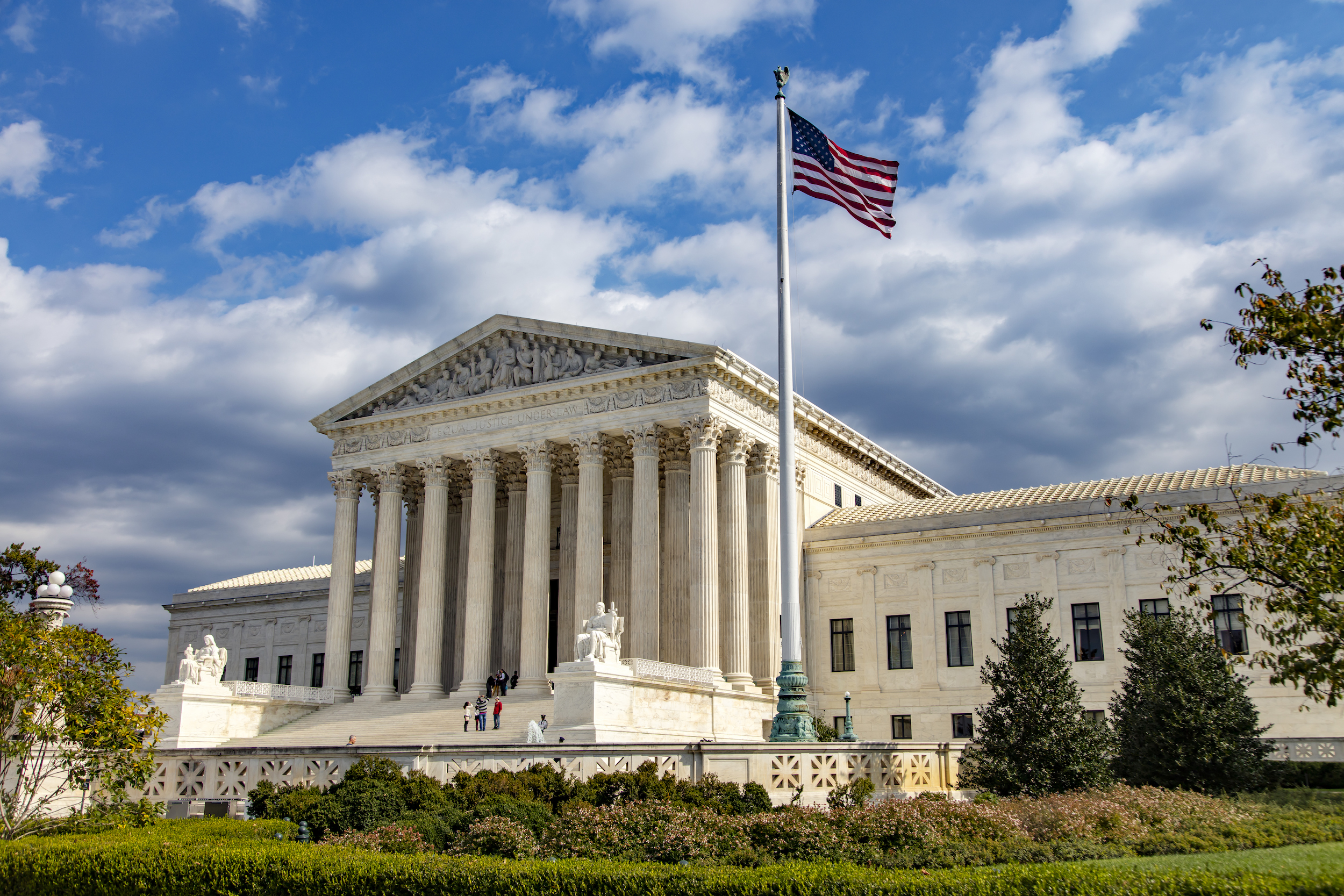
The Supreme Court has knocked the underpinnings out from under the federal courts’ traditional “Chevron” deference to agency interpretations of unclear statutes, which means it will be harder for the Federal Communications Commission to defend its regulatory decisions — like the return of network neutrality rules, for example — against legal challenges.
The court's conservative majority held that the Administrative Procedures Act “requires courts to exercise their independent judgment in deciding whether an agency has acted within its statutory authority.”
Further, the Supremes said, the court “may not defer to an agency interpretation of the law simply because a statute is ambiguous.”
The doctrine of Chevron deference, established by the Supreme Court in the 1984 case of Chevron U.S.A., Inc. vs. Natural Resources Defense Council, established the legal test for when courts should defer to the expertise of a regulatory agency. In case there was any question about the impact on Chevron, the court made it clear, saying, “Chevon is overruled.”
Also Read: Gorsuch No Fan of Chevron Deference
The fact that a statute is ambiguous does not necessarily mean Congress meant for the agency, rather than the court, to resolve the issue, the Supremes said.
Bottom line, the court said, was that the Chevron doctrine is misguided because federal agencies, like the FCC, have no special competence in resolving statutory ambiguity, while courts do.
While the Biden administration’s defense of the doctrine pointed to the traditional argument that agencies have subject matter expertise that courts do not, the majority of the justices said Chevron deference swept in decisions that had little to do with an agency’s subject matter expertise.
“Chevron was a judicial invention that required judges to disregard their statutory duties. And the only way to 'ensure that the law will not merely change erratically, but will develop in a principled and intelligible fashion,' is for us to leave Chevron behind," wrote Chief Justice John Roberts for the majority.
Writing in dissent, Justice Elena Kagan said that while the ruling says challenges to agency decisions will still have to find some “special justification” for challenging an agency interpretation [like what constitutes a non-neutral internet], “courts motivated to overrule an old Chevron-based decision can always come up with something to label a ‘special justification.’ ”
A rule of judicial humility gives way to a rule of judicial hubris, Kagan added. "Because agencies are ‘experts in the field,’ ” she said. “And because they are part of a political branch, with a claim to making interstitial policy. And because Congress has charged them, not us, with administering the statutes containing the open questions. At its core, Chevron is about respecting that allocation of responsibility — the conferral of primary authority over regulatory matters to agencies, not courts. Today, the majority does not respect that judgment."
In the 2005 Brand X decision, which was about the classification of Internet access service, the Supreme Court ruled that Chevron deference trumped an appeals court decision because that court had found the statute vague and, in such cases, the agency is due deference. The FCC had concluded that Internet access was an information service, not a telecom service subject to mandatory access.
The FCC argued in defending its original Open Internet Order that its authority to regulate ISPs as it did in the net neutrality rules stemmed from Chevron deference. ISPs disagreed.
Now the Supreme Court has, too.







